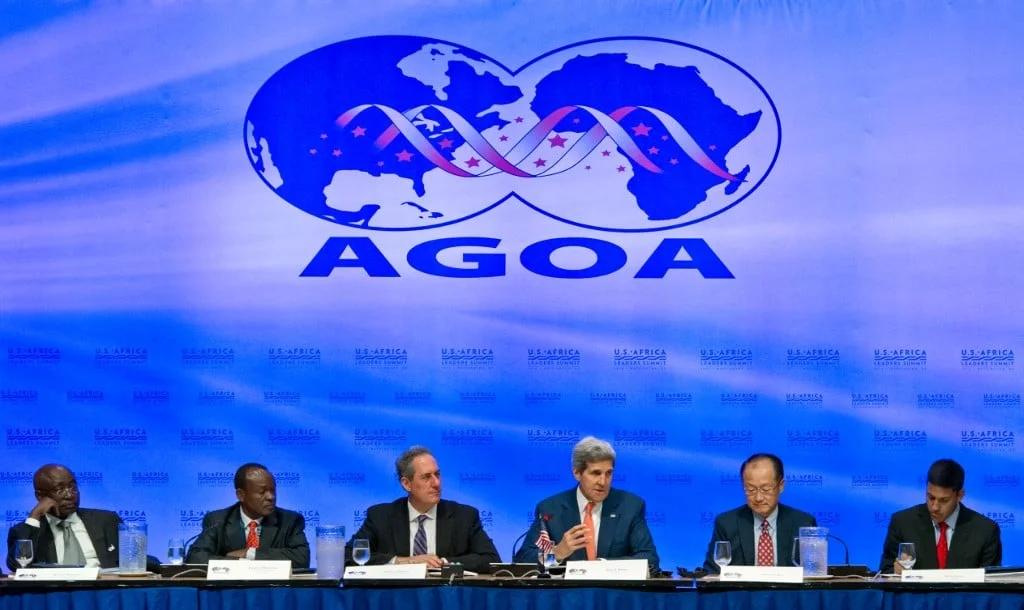The Nigerian Communications Commission (NCC) has affirmed that the Federal Government’s Three Million Technical Talent (3MTT) program has the potential to raise digital and technical skill levels among Nigerians to 70% by 2027.
Speaking at the City Business News Summit in Lagos, NCC Executive Vice Chairman, Dr. Aminu Maida, highlighted the significance of the initiative in addressing Nigeria’s digital skills gap. Citing a study by edtech platform GetBundi, he noted that over 100 million Nigerian youths (approximately 85%) currently lack digital skills—a barrier to securing jobs in today’s technology-driven world.
However, Maida expressed optimism that the 3MTT program, which aims to train 3 million individuals, will bridge this gap and enhance Nigeria’s presence in the global tech talent market. He stated that this initiative could make Nigerian professionals more attractive to international employers seeking digital and technical expertise.
Nationwide Impact and Economic Growth
Already attracting over 1 million applications, the 3MTT initiative is expected to significantly improve digital literacy among youth and mid-level professionals. According to Maida, this aligns with Nigeria’s broader goal to rank among the top 25 countries globally in areas like AI, robotics, blockchain, additive manufacturing, UAVs, and IoT by the end of 2027. The plan supports the strategic roadmap laid out by the Minister of Communications, Innovation and Digital Economy, Dr. Bosun Tijani.
Represented by the NCC’s Director of Research and Development, Ismail Adedigba, Maida added that the Ministry’s strategic direction, built on five key pillars, policy, infrastructure, innovation/entrepreneurship/capital, trade, and knowledge, is guiding efforts to leverage the telecom sector as a driver of economic transformation.
Encouraging Innovation and Connectivity
On the summit’s theme, “Repositioning the Nigerian Economy through Telecommunications: 2023 and Beyond,” Maida emphasized Nigeria’s focus on embracing global tech disruption to spur innovation, economic diversification, and improved living standards.
He reiterated the government’s ambition to establish Nigeria as a global hub for tech talent and to become a net exporter of digital professionals. He added that the NCC remains committed to creating the infrastructure and environment needed to support the digital economy, improving broadband connectivity, managing spectrum resources, and ensuring inclusive access to digital opportunities for all Nigerians.











